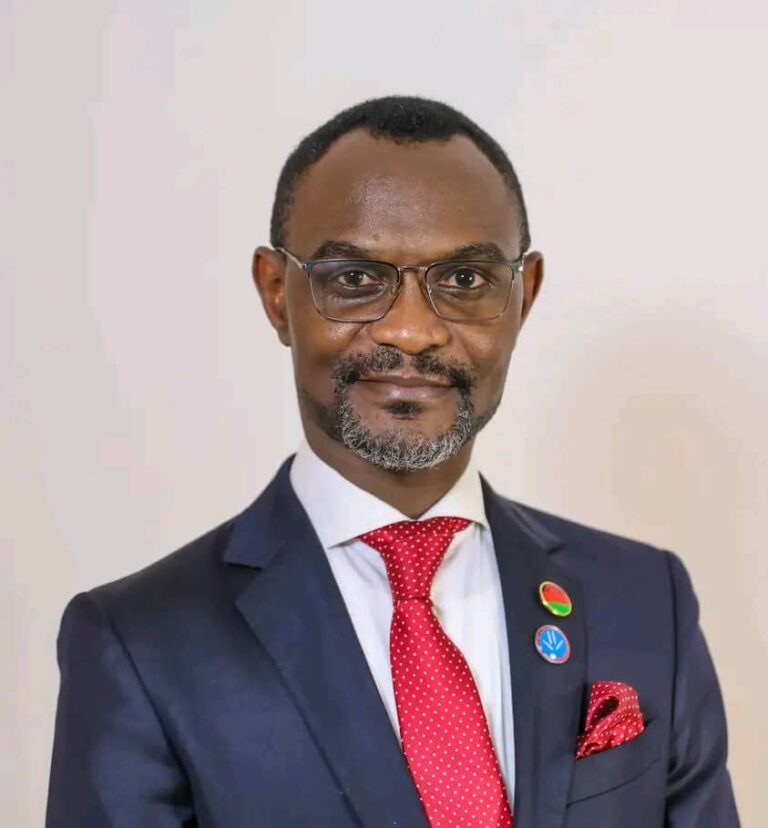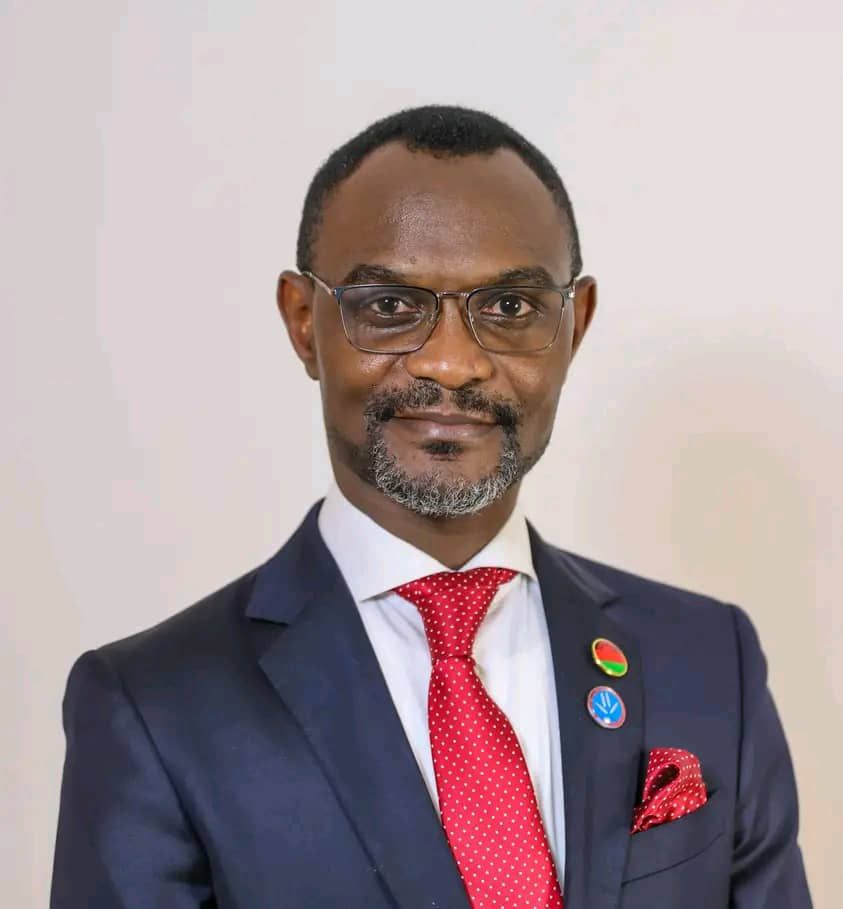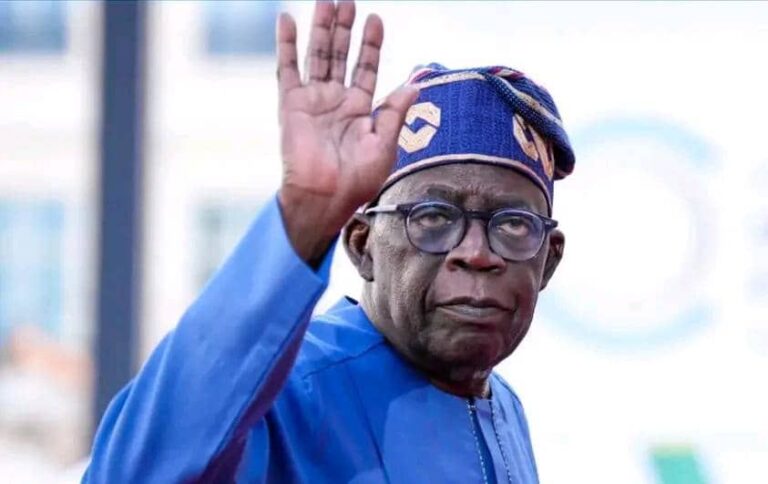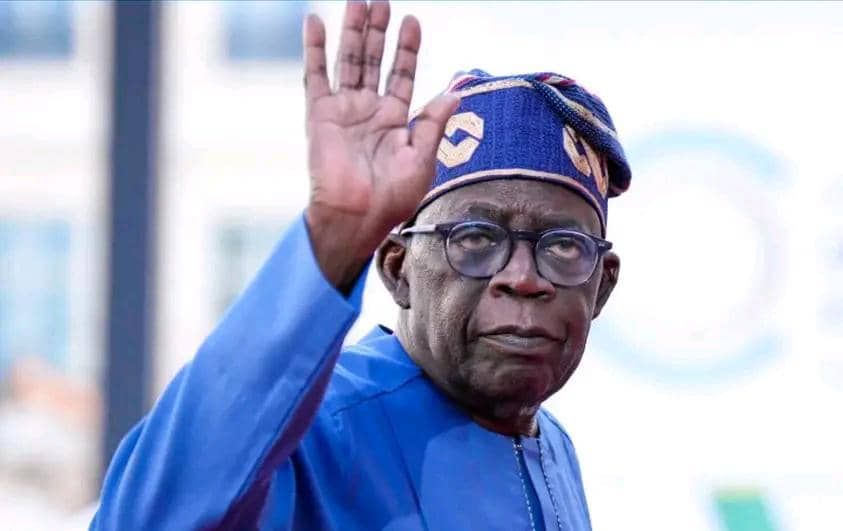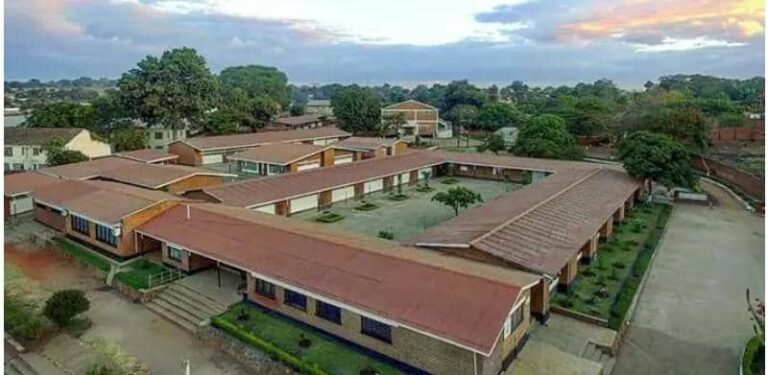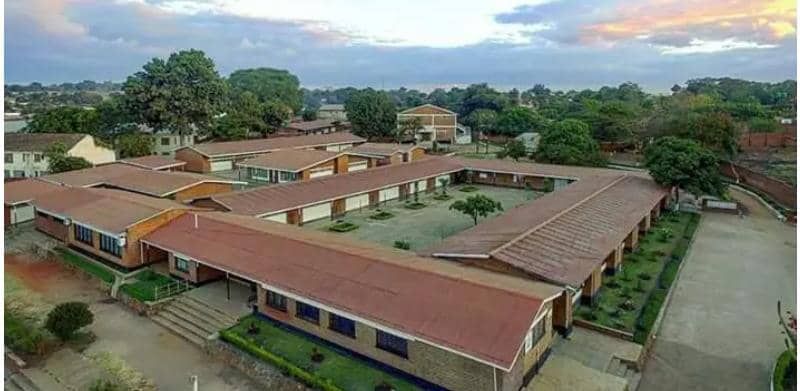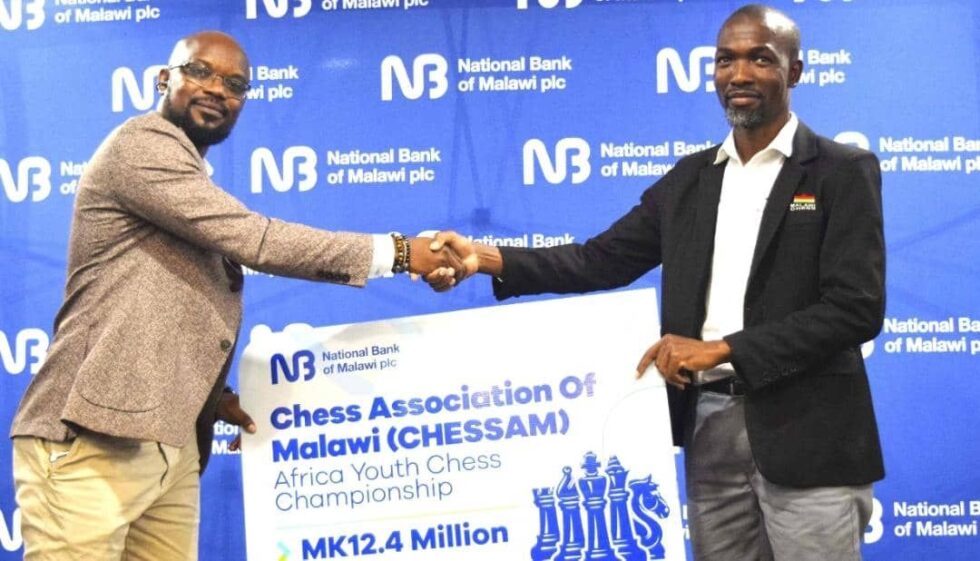By Chisomo Phiri
Second Vice President Enock Kanzingeni-Chihana has applauded two prominent human rights advocates Maggie Kathewera-Banda and Sylvester Namiwa for their outstanding contribution to the protection of civil liberties in the country.
During an awards ceremony held last night in Mzuzu, Kathewera-Banda was named Human Rights Defender of the Year, while Namiwa emerged as the runner-up.
In his speech,Chihana described the two as exceptional citizens who have stood firm in defending the rights and freedoms of Malawians, commending their bravery, commitment and consistency.

Said the second VP:“I cannot agree more with the awards committee.Their dedication to demanding respect for human rights has been remarkable, and they truly deserve the honour bestowed upon them tonight.”
Chihana said the awards serve as a reminder of the inherent dignity and worth of every Malawian and demonstrate that government and civil society can collaborate in a spirit of mutual respect.
He reaffirmed government’s commitment to safeguarding civic space, strengthening human rights institutions, and ensuring that defenders can carry out their work free from interference, intimidation or undue influence.
“Together, let us continue building a nation anchored on justice, accountability and respect for human dignity,” said Chihana.
He concluded by congratulating both Kathewera-Banda and Namiwa for their achievements and ongoing contribution to Malawi’s human rights landscape.
On his part,Chairperson of the Independent Awards Panel Justice Redson Kapindu challenged human rights defenders in the country not to relax or give up in the fight for human rights.
Kapindu said human rights defenders must remain steadfast to ensure Malawi is never dragged back into the days of dictatorship.
He said:“The awardee tonight is a person who has demonstrated undoubted courage under a hostile environment in the past year in the fight for human rights.”
Human Rights Defenders Day is observed every 9 December to honour individuals and groups who work tirelessly to promote and protect human rights around the world.
The day was established in connection with the UN Declaration on Human Rights Defenders, adopted by the United Nations General Assembly on 9 December 1998.
The declaration recognises the vital role played by human rights defenders,activists, journalists, community leaders, legal practitioners, and ordinary citizens who speak out against injustice, corruption, discrimination and abuse of power, often at great personal risk.



